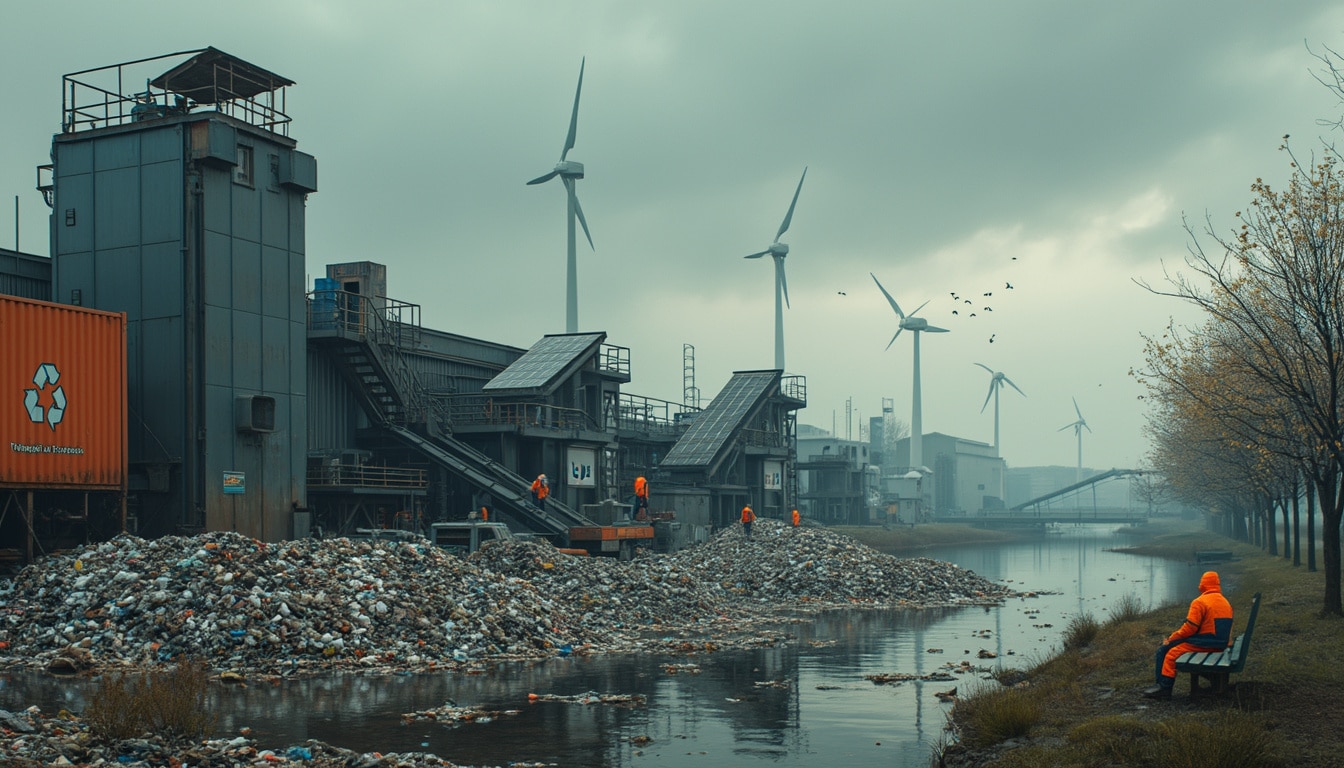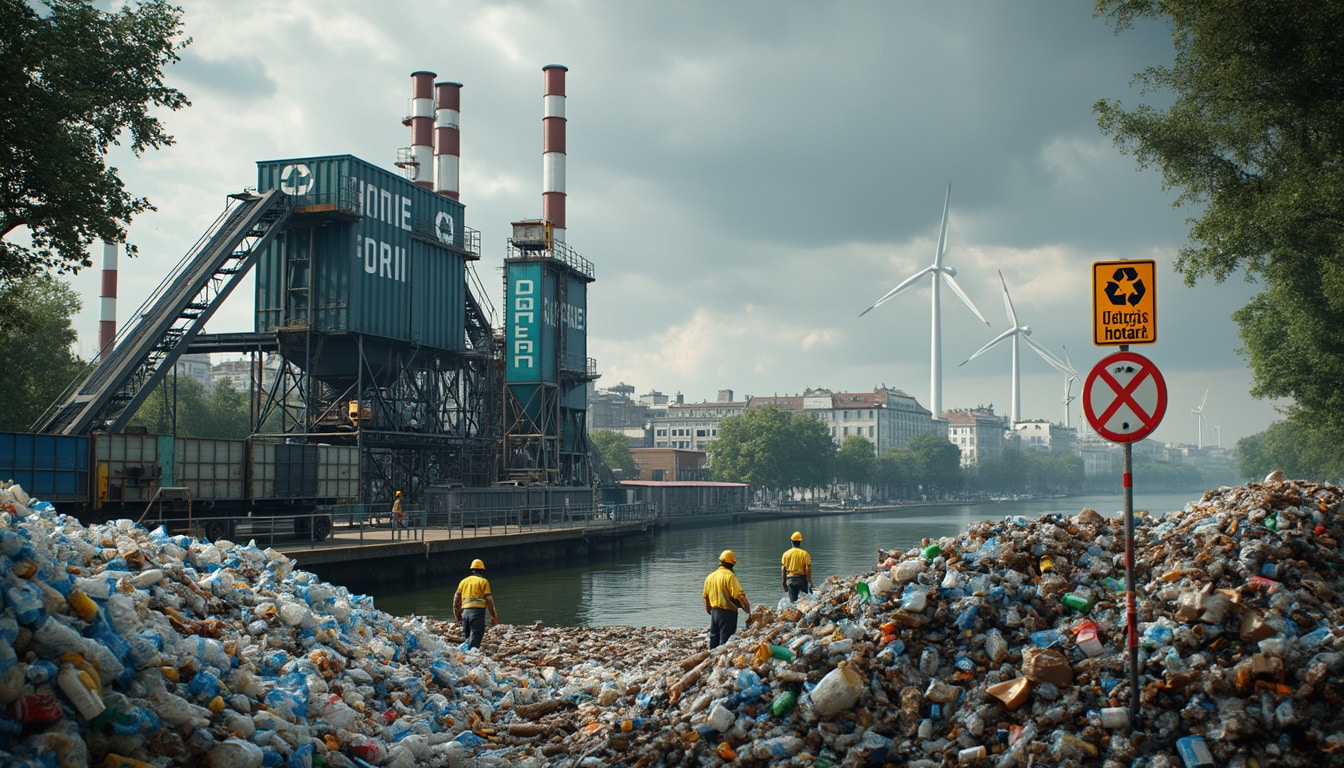Chemical recycling marks a key step in the ecological transformation of the industry in France. Despite its potential, this segment is still haunted by persistent economic and technological challenges. Significant investments, pursued by companies like Orrion Chemicals Orgaform and the American Dow, testify to the bet on this technology to put an end to the rapid obsolescence of materials. However, obstacles ranging from regulatory rigidity to high costs of plastic waste hinder its deployment. The future remains particularly uncertain for this pioneer in resource recovery.

Table des matières
ToggleThe challenges of chemical recycling in France
Chemical recycling in France faces numerous obstacles, thus hindering its development. Complex regulatory files and difficult operating permits are some of the identified barriers by professionals. The Agency for Ecological Transition (Ademe) had previously highlighted the rigidity of the French legal framework for chemical recycling. Thus, the planned investments of 2.6 billion euros by 2025, and 7.2 billion euros by 2030, are crucial to overcoming these blockages. For further detailed information, refer to the article by L’Usine Nouvelle.
The necessary investments for a sustainable future
One of the keys to a sustainable future for chemical recycling lies in strategic and substantial investments. Projects like Eastman’s in Normandy, despite a potential pause, could serve as catalysts for the recycling industry. However, the required amounts are sometimes considerable, as illustrated by the one billion euro investment under consideration by Eastman. Collaboration between local and international players, such as the partnership between Orrion Chemicals Orgaform and Dow, is also crucial to energize the sector; for more information, refer to the detailed report on the Polyvia website.
Chemical recycling and the circular economy
Chemical recycling in France is seen as a relevant complement to mechanical recycling, aiming to recover complex plastics that would otherwise be discarded. To effectively integrate into a circular economy approach, chemical recycling must adapt to market fluctuations, technological variations, and environmental challenges. France, with its national projects and initiatives like the France 2030 program, is committed to overcoming these technological and ecological barriers. For more details on the future of recycling, explore the initiatives of the CNRS.




